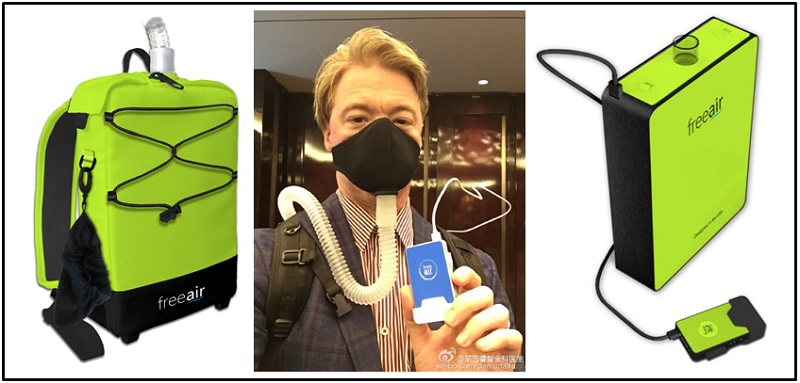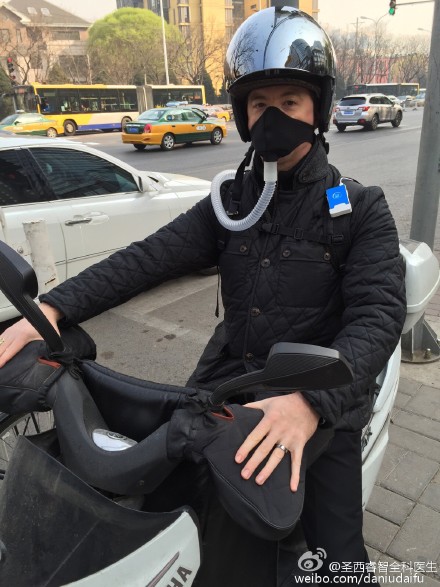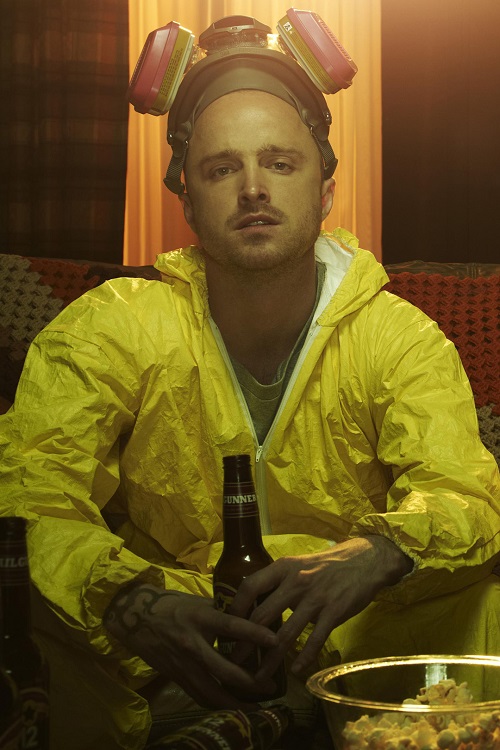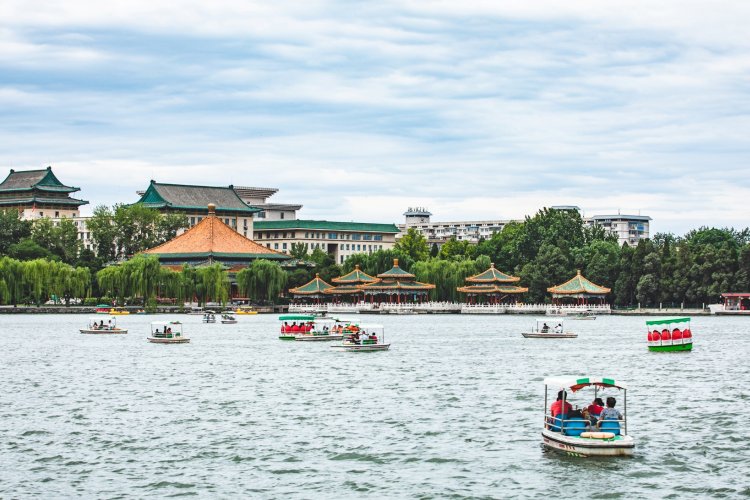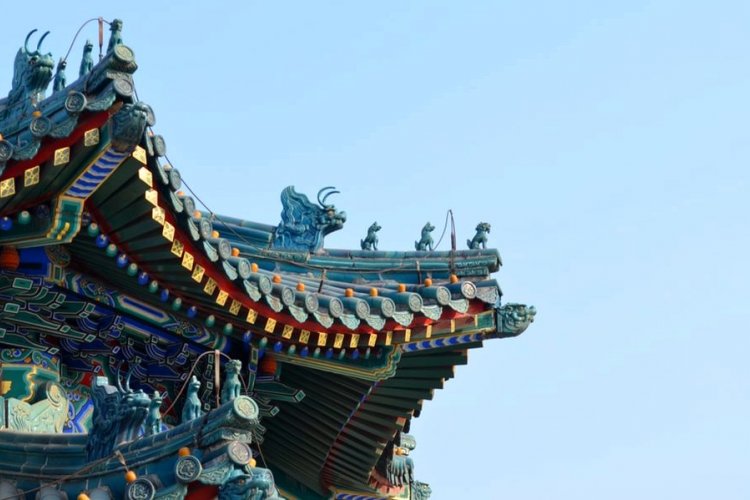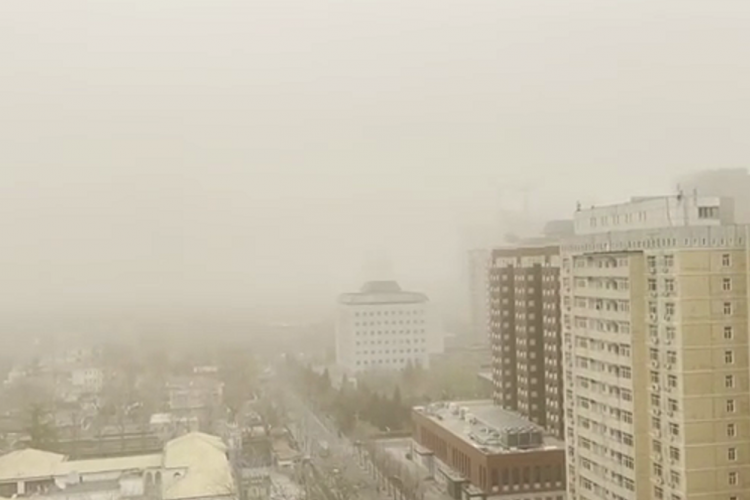Not sure why this thing is necessary, when St. Cry's own testing data show that a normal, lightweight, inexpensive 3m mask can get over 99 percent of particles: http://www.myhealthbeijing.com/children/my-personal-fit-testing-heres-the-best-pollution-mask-for-me/.
Only benefit I can see is the positive flow function maybe making it easier to breathe in. But seems like any additional effictiveness would be marginal at best, and you'd have to carry the damn thing around on your back all the time.

